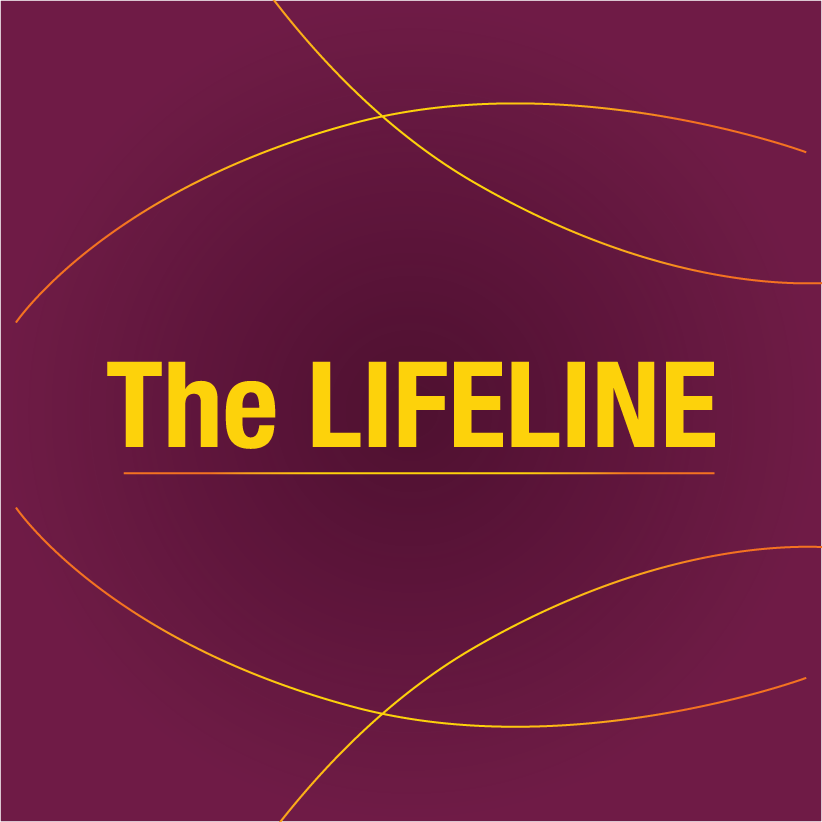By Marlon Madden
What if it becomes mandatory for you to take the COVID-19 vaccine to keep your current job or to find employment?
This was one of the main questions explored on Tuesday by law and labour union professionals during a Human Resource Association of Barbados (HRMAB) online seminar – Jabs for Jobs: The Legality of COVID-19 Vaccinations for Employment.
The panellists all agreed that while the aim of the country and companies should be to continue to have a safe and decent work environment for all before any decision was taken to make COYID-19 vaccination mandatory there should be widespread consultation and risk-based assessments.
But lawyer Michael Koieman suggested that there could be a strong case for the health and tourism industries to make taking the COYID-19 vaccination compulsory.
Making it clear that he was not giving advice, Koeiman said though, he believed that given the extent of the situation all employers should be encouraging their staff to be vaccinated and that any policies that are put in place should “be done in the context of an ever-changing basis of factors” related to the virus.
The lawyer said: “There are other sectors, but I have been able to identify two in particular, where we may need to go beyond merely facilitating vaccination and look at encouraging or even mandating vaccination.
“I say that to say this, even in our legal framework where there is no legislative provision it is possible there are situations in which the nature of an employers’ business may require them to ensure that their employees are vaccinated. One would be healthcare workers, particularly if you have people in a care home who are dealing with elderly persons who have non-communicable diseases.
“It is necessary to demonstrate to those patients and loved ones that you are doing everything reasonably possible to minimize their risk of COYID transmission. In that situation, it would be reasonable for an employer to mandate that where the vaccine is available and provision can be made for persons to obtain it that they do so in order to continue with employment.
“Another situation would be the hotel sector.. We want to encourage travellers to begin to move again and there is increasing pressure on them [the hotel sector] to be able to provide the assurance to tourists that every step has been taken to ensure that this destination is not likely to infect you with COVID on your return.”
Pointing to a recent case in the UK where an Employment Tribunal ruled in favour of the employer for dismissing a lorry driver for not wearing a mask as per company policy, Koeiman said: “I believe that can be applied by analogy to the [vaccine] situation.
“We can’t require hoteliers to put themselves at a disadvantage locally and internationally if there are other destinations which will be able to assure tourists that the staff they will interact with will be vaccinated.”
While Barbados and other regional governments have not made it mandatory for their citizens to take the COYID-19 vaccine, some CARICOM member states have already indicated that workers in specific sectors could be required to take the jab.
Some governments have also been using various “incentive” schemes to encourage people to get tested and to take the vaccine.
General Secretary of the Congress of Trade Union and Staff Associations of Barbados (CTUSAB) Dennis de Peiza warned that should a scenario of mandatory COYID-19 vaccination be put forward in Barbados it should first be discussed.
De Peiza warned that careful consideration must be given to employees’ and employers’ rights, insisting that requiring individuals to be vaccinated in order to keep or get employment “move way beyond the realm of legality and has more to do with the rights of workers and employers”.
He said while he agreed some jobs may require some level of immunization, workers in some of those same professions, including the medical field, were opting not to take the vaccine.
“Now, unless the authorities put COYID-19 on the list of mandatory immunization that the medical personnel should have then they have a right to refuse,” said the trade unionist. “It then puts the society in some bind because everybody [is] exposed on both sides – the patient and the provider. The question is, where is the liability assumed?”
De Peiza also suggested that an ethical issue could arise, stating that while the COVID-19 vaccine could be considered an emergency, individuals should not be coerced into taking it. At the same time, he said the question must be asked “how do we make a change to the Jaw and if that is done how does that impact on the whole question of discrimination”.
During the discussion, the issue of mandatory testing for COYID-19 was also discussed, with panellists agreeing that while it was necessary for companies to determine what was necessary and practical when it comes to satisfying the Safety and Health at Work Act, they must be careful not to breach the Employment Prevention of Discrimination Act.
“So the question, therefore, becomes, what is reasonably practicable?” said Barbados Workers’ Union Legal Officer Kamisha Benjamin.
“ls it sufficient for an employer to increase the cleaning and cleaning practices while encouraging employees to maintain social distancing practices and to wear a mask? In a COYID-19 environment can an employer be deemed to have complied with their duty to ensure health and safety at work by enforcing these things or does it go further to include mandating vaccinations? The truth is, this question of what is reasonably practicable cannot accurately be decided in the absence of a risk assessment,” said Benjamin.
The attorney-at-law revealed that while some companies have not made it mandatory for workers to get tested for COVID-19 or for vaccination, they were “restricting the use of certain facilities if persons are not vaccinated”.
The panellists suggested that it would be unfair to mandate vaccination at this time given that the country did not have the required doses of vaccine to satisfy the population.
It was also put forward that no one sector should be allowed to make COVID-19 vaccination compulsory, but that an objective stance be taken and a “level playing field” created “in the interest of the country in preserving lives and livelihood”.
(marlonmadden@barbadostoday.bb)

